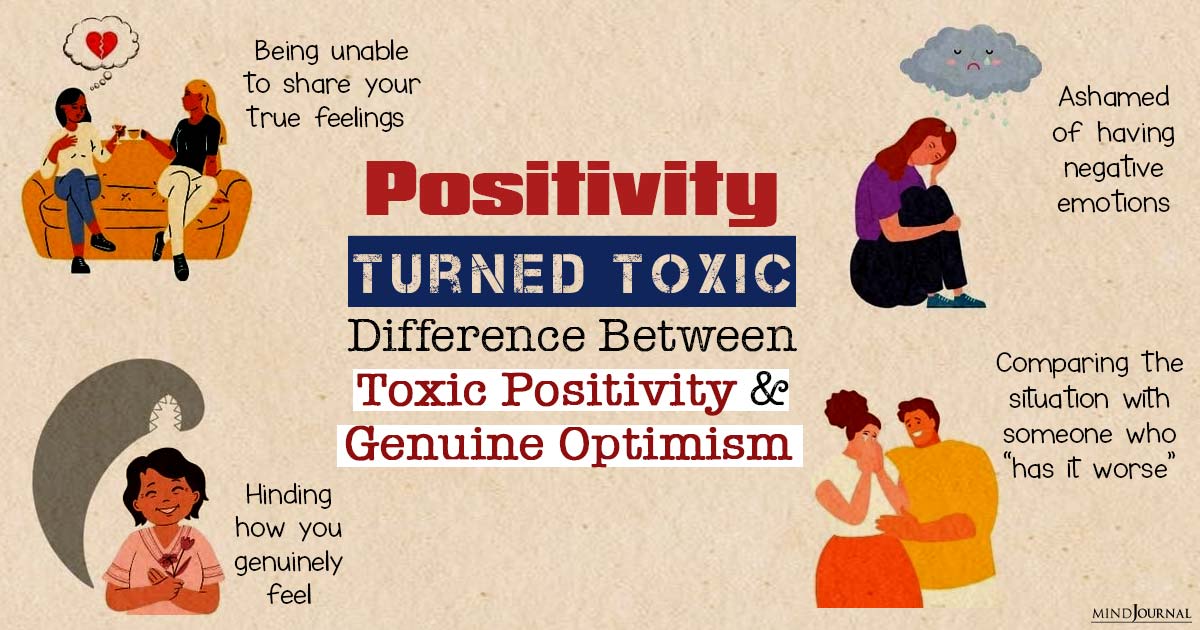Are you familiar with the term lifestyle creep? Even if you are not, you may be a part of it unknowingly. Wondering why? Because it comes very subtly with the upgradation of our lifestyle.
You get a raise or a bonus, and suddenly, your daily coffee turns into a pricey latte, your old car feels outdated, and that budget-friendly vacation destination no longer seems appealing. This is the concept of lifestyle inflation that may give you a hard time eventually.
Hence, overcoming such spending disorders is possible with careful planning of your budget and maintaining a few strategies. If you are also finding the solution for your unnecessary spending habit, keep following.
Are Lifestyle Creep and Spending On Your Favourite Things the Same?
Lifestyle creep denotes overspending and unnecessary expenditure. So, if you are buying your favorite dress or gadget with proper financial planning then it does not fall under the this category.
In other words, if you are spending your hard-earned savings, then you are being a lifestyle creep which you have to manage to get better financial stability.
This unnecessary spending may cost you serious financial harm that you won’t realize in the first place but one day it will create a very unpleasant situation for you. Hence, the problem is you won’t understand this until it becomes a big trouble. To be honest, we all have been there when we spent money without thinking much.
Read more: Can Money Buy Happiness? The Relationship Between Money And Happiness
A Quick Run-Down into Lifestyle Inflation

This happens simply when your new, higher income leads to higher spending. Instead of saving or investing the extra money, you upgrade your lifestyle. Maybe it’s eating out more often, buying a nicer car, or moving to a more expensive neighborhood.
So how do you understand that lifestyle creep is slithering into you? You can ask yourself a few questions such as:
- Have my monthly expenses increased significantly without a clear reason?
Compare your current spending to a few months or a year ago. If your expenses have increased but your needs haven’t changed, lifestyle creep might be creeping in.
- Am I buying more expensive versions of things I used to buy cheaper?
Think about your purchases. Are you opting for more luxurious items or brands when the cheaper options were perfectly fine before?
- Am I dining out or ordering in more frequently than before?
Consider your eating habits. If you find yourself eating out more often instead of cooking at home, this could be a sign of inflation in lifestyle expenditure.
- Have I upgraded my gadgets, car, or home recently?
Reflect on any major upgrades you’ve made. If you’ve recently bought a new car, upgraded your phone, or moved to a more expensive home, it might be time to assess if these were necessary.
- Do I feel pressure to keep up with friends or colleagues in terms of spending?
Think about your social circles. Are you spending more to keep up with the lifestyle of those around you, even if it’s stretching your budget?
- Am I saving less money than before?
Look at your savings rate. If you’re putting away less money despite earning more, it’s a red flag that your spending habit could be affecting your finances.
- Do I justify higher spending with the thought that I deserve it?
Consider your mindset. While it’s important to reward yourself occasionally, frequent justifications for higher spending with “I deserve it” can be a sign of lifestyle creep.
- Have I stopped budgeting or monitoring my expenses closely?
Assess your financial habits. If you’ve become lax about budgeting or tracking your expenses, the issue might be sneaking into your spending patterns.
Common Triggers and Contributors to Lifestyle Creep
Well, your Instagram feed will keep showing you things that you may or may not need. And the latest marketing strategies won’t leave anything behind to make you buy that stuff.
Obviously, you are working hard and trying to take your life to another level. However, it should not justify inflating your expenses unnecessarily, as it may cause trouble for you and your family.
So, what are a few common triggers for lifestyle creep? Several factors can contribute to this such as.
- Income Increases
- Social Pressure
- Credit Availability
- Advertising Influence
- Lifestyle Changes
- Convenience Purchases
- Neglecting Budgeting
Thus, a promotion at work, a substantial bonus, or even social pressure from friends and family can lead you to spend more. Sometimes, it’s the desire to reward yourself for hard work, but these small upgrades can add up quickly.
Impact on Financial Stability and Goals
- Reduced Savings: Increased spending leads to lower savings, making it difficult to build an emergency fund.
- Investment Challenges: With less money saved, investing in your future becomes harder.
- Retirement Planning Issues: Overspending can hinder your ability to save adequately for retirement.
- Financial Instability: Higher expenses without increased income can lead to financial instability.
- Debt Accumulation: This issue often results in increased reliance on credit, leading to debt.
- Compromised Financial Goals: Long-term financial goals, such as buying a home or traveling, become harder to achieve.
Read More: Financial Trauma: 10 Untold Secrets to Bounce Back from Cash Crisis to Financial Bliss
What are the Signs of Lifestyle Creep?
Avoiding this spending disorder is possible if you understand the signs early. Here is a guide to help you with that:
1. Changes in Spending Habits
Recognizing the signs of lifestyle creep is the first step in combating it. Have you noticed that your monthly expenses have increased without any significant changes in your needs? If it is going above the line then it is the time to audit your spending habits.
2. New Expenses and Lifestyle Upgrades
Keeping track of your expenses is important for budgeting to combat lifestyle creep. Review your bank statements regularly and look for patterns. Are you dining out more often? Have your shopping habits changed? By monitoring these upgrades, you can better understand where your money is going.
How to Set Boundaries for Lifestyle Inflation and Financial Planning?

Most of the time this spending disorder happens unknowingly. However, as you are now aware about this or you have recognized a few signs, you should follow budgeting to combat lifestyle creep. This section will shed light on avoiding lifestyle creep:
1. Avoiding Comparison and Keep a Mindful Perspective
It’s easy to fall into the trap of comparing yourself to others, especially with social media showcasing everyone’s highlight reel. Remember, you don’t know the full story behind someone else’s financial situation.
Focus on your own goals and achievements. Keep perspective on what truly matters to you rather than what seems impressive to others.
2. Building and Maintaining Healthy Financial Habits
Creating and maintaining healthy financial habits is key to staying grounded. Automate your savings, set a budget, and stick to it.
Make mindful spending decisions and prioritize experiences over things. These habits will help you enjoy your income without falling prey to this problem.
Read More: 6 Strategies to Help Overcome Financial Stress and Anxiety
Enjoy Your Life by Managing Lifestyle Expenses
You should remember that lifestyle creep and inflation are manageable only if you want them to be rectified completely. You can check out professional finance videos to understand lifestyle skills and saving strategies and apply them in real life. Stay mindful, stay grounded, and watch your savings grow.
Frequently Asked Questions(FAQs)
1. What is lifestyle inflation?
Lifestyle inflation is the unnecessary upgradation of your lifestyle with the sudden rise in your income. It happens with people’s spending patterns change to reflect their increased income.
2. What is lifestyle creep and why avoid it?
A lifestyle creep is someone who is spending more than the necessary expenditure without having proper financial planning. It happens with the sudden upgradation of income. Therefore, to avoid it, one should be mindful of expenses and savings.
3. What are the risks of lifestyle creep?
Lifestyle creep risks include reduced savings, increased debt, financial instability, and difficulty achieving long-term goals like retirement or buying a home. It compromises overall financial security and stability.
4. What are the tips for beating lifestyle inflation financially?
To beat lifestyle inflation, set a budget, prioritize saving, automate investments, avoid unnecessary expenses, focus on long-term goals, and regularly review financial habits.










Leave a Reply